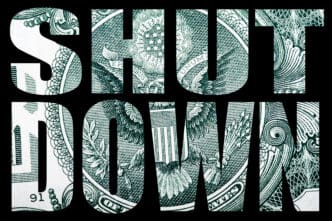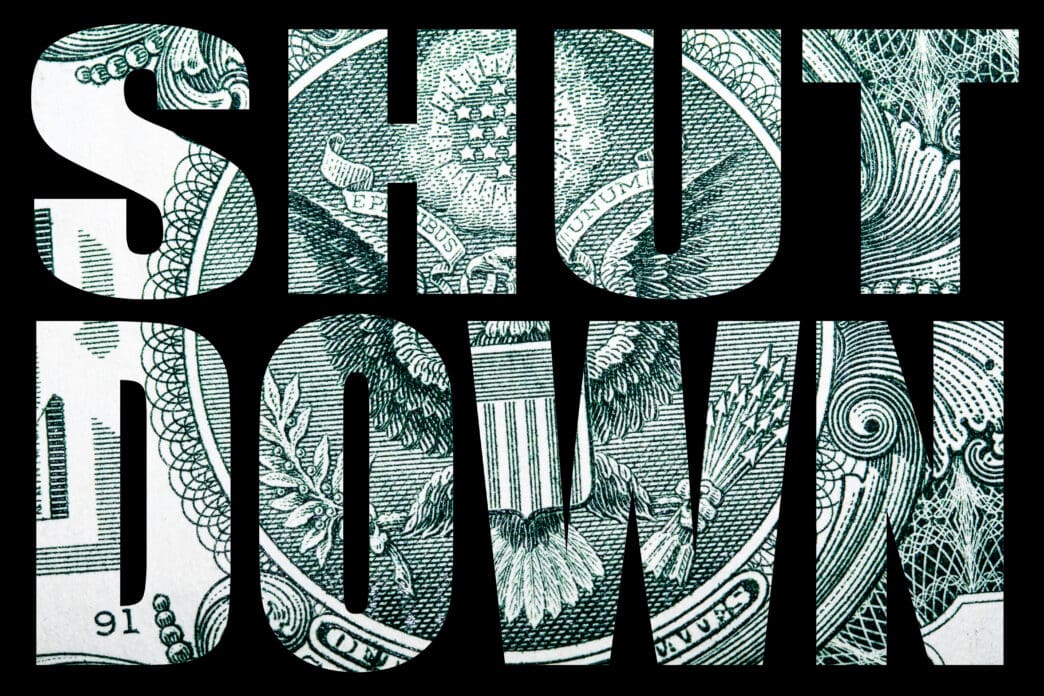Executive Summary
The Story So Far
Why This Matters
Who Thinks What?
A government shutdown, currently underway since October 1, 2025, for the 20th time since 1976 and the first since 2018, typically has limited dramatic impact on the stock market, though it can disrupt the release of crucial economic data and delay corporate actions like initial public offerings. The current impasse, stemming from Congress’s failure to pass necessary funding bills, has seen the S&P 500 experience only minor fluctuations.
Impact on the S&P 500
Historically, the S&P 500, which tracks approximately 500 of the largest U.S. companies, has shown resilience during government shutdowns. Out of the past ten shutdowns preceding the current one, the index finished in negative territory only three times, with minor percentage declines.
During the current shutdown, which began on October 1, the S&P 500 recorded a marginal decline of about 0.2% through October 22. This performance aligns with past trends, suggesting that such federal impasses do not typically lead to significant market downturns.
Delays in Federal Economic Data
A primary consequence for investors during a government shutdown is the delay or non-release of vital federal economic reports. Agencies such as the Bureau of Labor Statistics and the Census Bureau often cease or limit operations, affecting data related to inflation, unemployment, consumer spending, and GDP growth.
For instance, the announcement of the 2026 Social Security cost-of-living adjustment was postponed due to the operational disruptions. These delays can leave investors without critical insights into the nation’s economic health.
Slowdown in IPOs and Corporate Filings
The U.S. Securities and Exchange Commission (SEC) also experiences operational slowdowns during a government shutdown. This directly impacts companies seeking to go public or undertake significant corporate actions.
The review and approval processes for initial public offerings (IPOs) and other major filings, such as merger-related documents, are typically delayed. While this may not immediately affect currently traded stocks, it can impede the pipeline of new companies entering the public market.
Market Implications
While a government shutdown poses challenges for federal employees and the availability of economic data, historical trends indicate that the broader stock market, particularly the S&P 500, tends to remain largely unfazed. Investors should, however, anticipate delays in key government reports and a potential slowdown in corporate finance activities.







